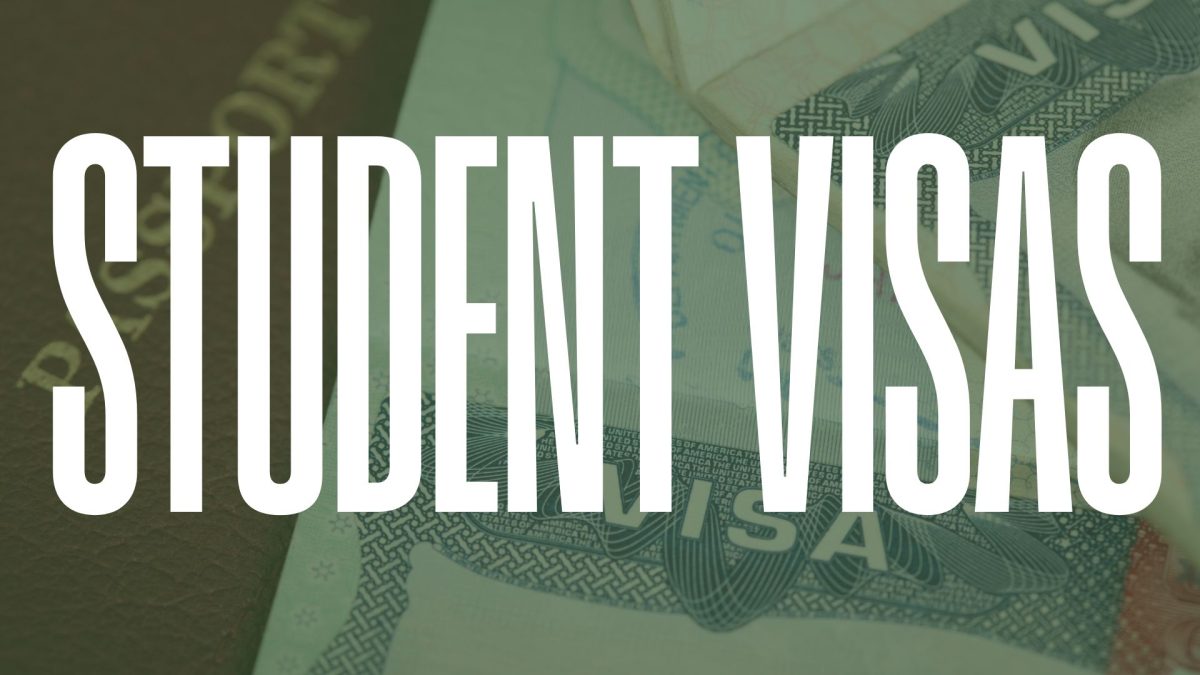By JOHN BUNDOCK
CONTRIBUTING WRITER
The nomination of Fordham alumnus John Brennan, FCRH ’77, to the position of director of the Central Intelligence Agency (CIA) has roused a mixture of pride, concern and even outrage among Rose Hill students. I have seen many a Facebook post profess school pride and confidence in the seasoned bureaucrat, but I have simultaneously seen claims that the president’s advisor is a “killer,” a remote control murderer of innocents through the ramped-up drone programs that have in part come to define this president’s national security program. Such debate has proven problematic in that it reflects shrill, ideological extremes that try to define such conflict in “clash of civilization” style terms. What needs to take place instead is an honest discussion of pragmatism and ethical policy.
To explore some of the nuances of national security, I spoke with Fordham political science professor Melissa Labonte, who teaches courses on international politics and conflict resolution. Her opinion reflects a level of critical analysis that I have yet to see in the debate on drones. The controversy over drone strikes is new; debates about aerial bombing reflect a tradition of moral utility and civilian casualties dating back to the days of Dresden, if not further. “It’s about how much civilian collateral damage is acceptable to military goals,” Labonte reflected.
The critics of American policy are often filled with the very misconceptions that they often claim to eradicate. Many claim that Western culture and philosophy look at the world in a profoundly different way than a Middle Eastern/Muslim perspective. Spare me. There is nothing “special” to Muslim thought, “Western” thought or “Eastern” thought; people react to political and socio-economic conditions in similar ways. I don’t think the Quran-burning demagogue Terry Jones is representative of widely held American opinion of “resistance” to “Muslim cultural hegemony.”
Much of the rhetoric reflects the unhealthy status quo; indeed, the United States does work with regional powers but the very governments themselves are havens of tribal cronyism, ethnic prejudice and sectarian bias; just ask the Shia in Saudi Arabia, Yemen and Pakistan, or the Kurds in Turkey and Iraq.
The United States would like to cooperate in fighting extremists, but the existing governments have often been less-than-desirable. Beyond the brutality of Iraq-style ground invasion, how else could one address the presence of takfiris like Anwar Awlaki? So drone strikes appear as the least of all evils. “It’s hard for superpowers to formulate foreign policy across all these places,” Labonte argues.
So how can the United States further its interests in the greater Middle East within an ethical-legal framework? It is actually instructive to both look to the past events and ideas. In the 19th and early 20th centuries, the United States and other Western powers created a great many independent institutions of higher learning in the Middle East, from the American University in Cairo to Catholic institutions in Lebanon. Such institutions provided social mobility for many of the peoples in the region, even if many of the first students tended to be from the Christian minority. U.S. institutions, both public and private, can and should help the citizenry of the Middle East tackle the myriad problems, ranging from development to social injustice, that confront their societies.
In the post-colonial days of Arab nationalism, such work was difficult; that is no longer the case. Where U.S. organizations have taken root, their influence has often been benign, in spite of the pervading dystopian myth.
In an article featured in The New York Times, Thomas Friedman argued that the U.S. “breaks all the rules” in its diplomacy with governments like Iran and North Korea by directly engaging the citizenry. Such concepts of “midwifing” of democracy reek of paternalism and “speaking for the natives.” This allows coercive enemies to attract popular support via claims of conspiracy. There is, however, a kernel of truth to this fallacy: When engaging failing, allied governments, such as the United States can help nations build up more progressive interlocutors. Such officials, while defending their own constituents’ interests, would be more amenable to a constructive foreign policy as opposed to “thugs, drones and ask questions later.”
Ali H. Soufan, the FBI’s lead investigator into the USS Cole Bombing and the discoverer of the identities of the 9/11 hijackers, outlined a more holistic policy for the Middle East. According to Foreign Policy, an American magazine, McCormick argues “Our counterterrorism strategy should be multifaceted. It should include military, intelligence, law enforcement, economic programs, psychological programs, cultural and education issues— we have to use all the tools that we have in the toolbox in combating the enemy. We have to keep in mind that this is asymmetrical warfare, and an essential component of asymmetrical warfare is winning hearts and minds.”
The debate in this country should not be between supporting Mubarak-era “stability” and “anti-imperial” acquiescence to so-called extremist “resistance.” It should be about how best to directly help the peoples of the greater Middle East to better their societies, continuing on the course America has always allowed.
One can only hope that the policy-makers of today keep such a discourse in mind.
John Bundock, FCRH ’14, is a Middle East Studies major from Pelham, NY.







































































































































































































